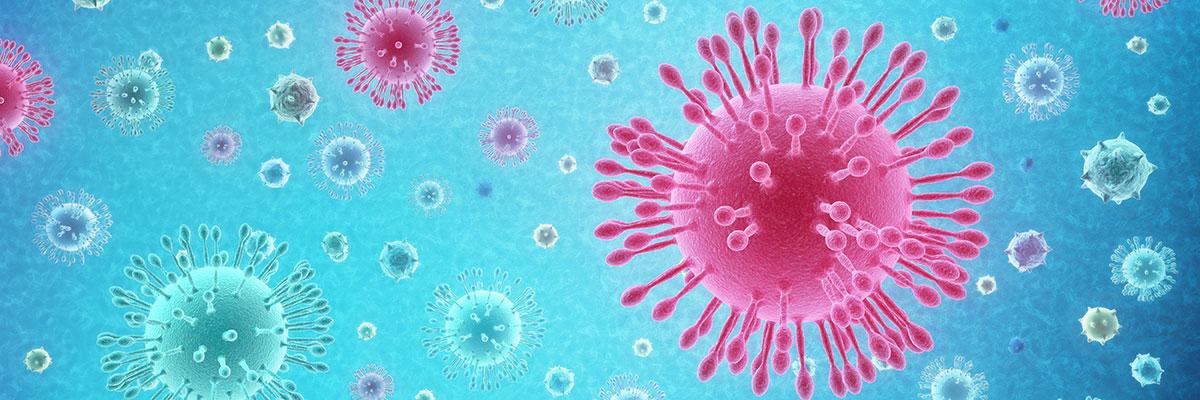

Coronavirus Update: House Passes Revised Version of the Families First Coronavirus Response Act (H.R. 6201)
Bill includes changes to FMAP, Medicaid coverage for uninsured
The House of Representatives yesterday passed by unanimous consent a revised version of the Families First Coronavirus Response Act (H.R. 6201) in response to the novel coronavirus (COVID-19) outbreak. The revisions made technical corrections to the legislation that the House passed March 14. See AHA’s summary of the March 14 House-passed bill for details on all of the provisions important to hospitals and health systems.
The revised package now goes to the Senate. It is unclear if the Senate will vote on this package separately or if it will add it to a larger economic stimulus package under consideration.
The following are highlights of the changes to the bill approved yesterday by the House.
Changes to Temporary Increase in Federal Medical Assistance Percentages (FMAP) for Medicaid; Increased Allotments for Territories
The amendment would temporarily increase federal Medicaid funds to states and territories by increasing the FMAP percentage for each state and territory by 6.2%, with some changes to the state maintenance of effort requirements to ensure greater coverage. As in the previous language, the period for the increase would begin in the calendar quarter of the emergency period and end in the quarter when the emergency period ends. States would be required to meet certain conditions to receive the FMAP increase, including:
- Maintaining eligibility requirements no more restrictive than the eligibility standards and methodologies in place as of Jan. 1, 2020;
- Maintaining premium amounts that do not exceed those in place as of Jan. 1, 2020; and
- Providing coverage without cost-sharing for COVID-19 testing and testing-related services during the emergency period.
The amendment would modify more restrictive language in the previous version to provide coverage for individuals (both those currently enrolled as of the date of enactment, and those who enroll during the emergency) until the emergency period is lifted. Coverage during this period would end only if the individual terminates coverage or is no longer a resident of the state. Eligibility reviews for income and other criteria would not apply during this emergency period.
As in the previous language, the FMAP increase would not apply to some current categories receiving enhanced federal funds, such as the adult expansion populations.
In addition, the amendment would make additional adjustments to the slated increases in the Medicaid allotments for Puerto Rico, the Virgin Islands, Guam and American Samoa.
Medicaid Coverage for the Uninsured
The amendment would create a new, optional Medicaid eligibility category for uninsured individuals. Uninsured individuals — defined as not eligible for Medicaid and not enrolled in group, individual or public coverage — could be enrolled in Medicaid and receive COVID-19 testing services. This is limited to diagnostic services, and does not include treatment or preventive care. This coverage is eligible for a 100% FMAP, including administrative expenses provided the state can demonstrate administrative expenses were attributable to this population. The amendment removes language from the previous version regarding Section 1135 waiver authority and Medicaid coverage.
PAYGO Rules
The amendment removes language addressing PAYGO scorecards.

